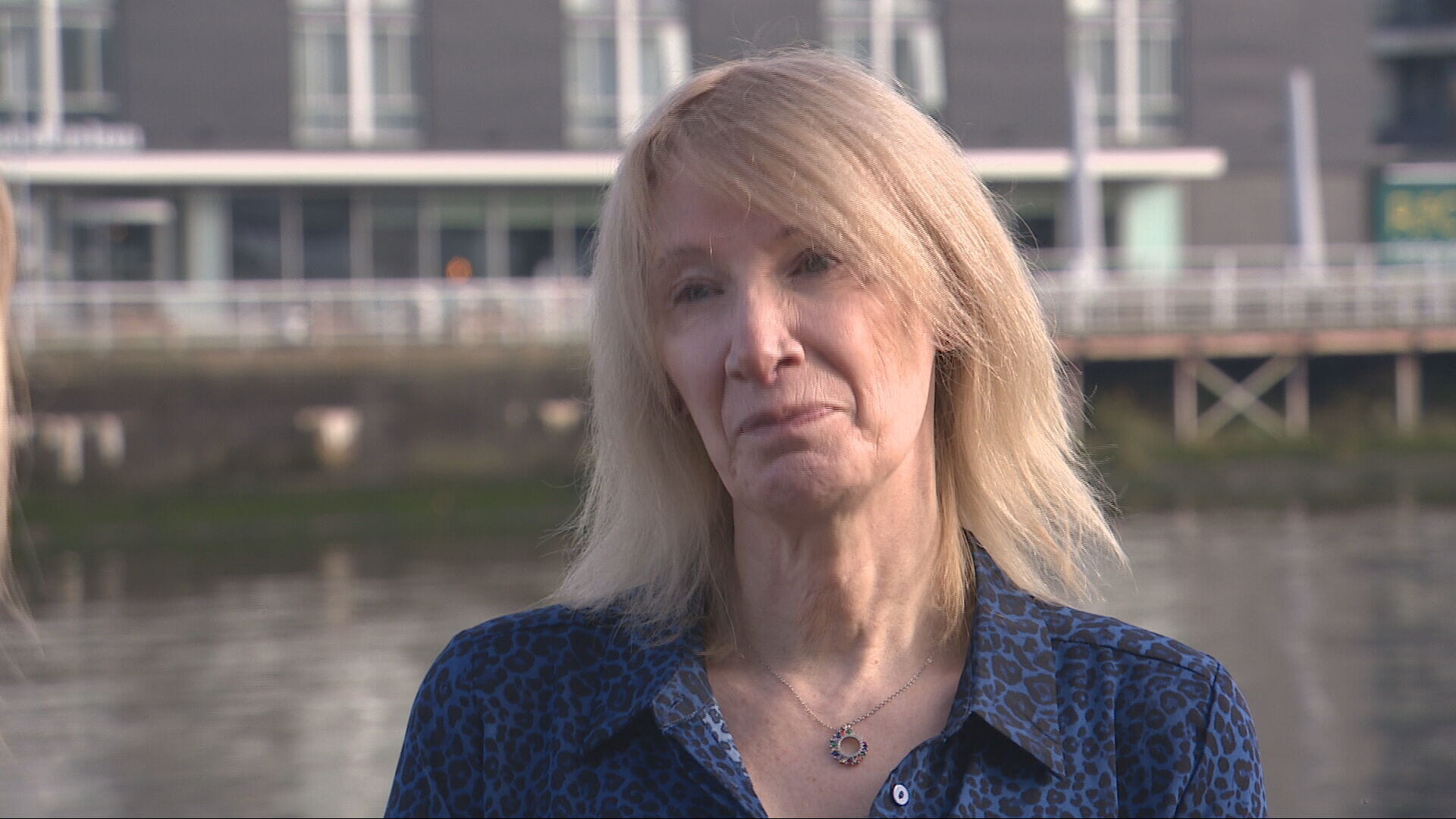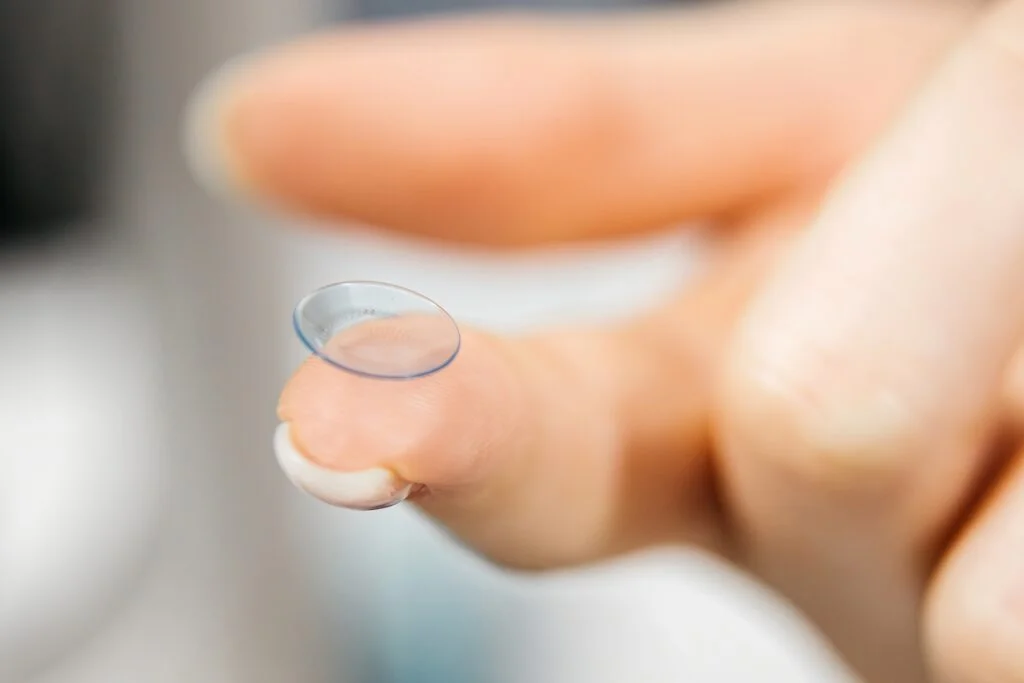Copyright stv

Widely regarded as Scotland’s greatest ever road cyclist, Philippa York has said there “wouldn’t have been a Robert Millar” if puberty blockers were available when she was a teenager. Philippa York, once known to the world as Robert Millar, was a cycling superstar of the 1980s and 90s. York rode the Tour de France 11 times, finishing fourth in 1984 and made history as the first Briton to claim the prestigious King of the Mountains title, earning the iconic polka dot jersey and becoming a pioneer for British cycling on the international stage. At the height of her success, York was fighting a personal battle as Robert Millar, while struggling with gender dysphoria. “There would be some days where it would be difficult, where I’d have a lot of dysphoria,” she told STV News. “But in the competition world, you can bury it. You remove all emotions from your life. I put on my competition face and tuned into this beast. I just tried to block it all out.” It wasn’t until her mid-20s that York fully understood the nature of her identity, but knew transitioning while competing was not an option. “I got to about the age of 25, 26 and became fully aware of what my issues were going to be. And I realised the world I was in. It wasn’t going to happen. So I invested myself even more in my cycling. That way, when I finished, I had options where I didn’t necessarily have to be a public figure anymore. “You go from being someone everyone admires, to being at the bottom of the pile again. It’s a fight for respect and dignity. It’s quite a social shift.” Transitioning during her career, she said, was never even considered. “It just wasn’t going to happen. Sport is quite insular and goes backwards when it comes to social issues. All that matters is the outcome how you get there has no morals. That sounds harsh, but it’s the reality.” Reflecting on her own journey, York acknowledges the toll of keeping her identity hidden during her competitive years and admits she would have taken a different path. “If I were a young person today, I’d be that teenager transitioning at 13 or 14. I think that’s why I speak out. We’re interrupting someone’s life when we deny them what they need. “I would have transitioned as a teenager. I wouldn’t have been Robert Millar, the cyclist. I would have been Pippa doing something else. It shows you being successful in a career doesn’t guarantee happiness. “I don’t have the choice to forget what Robert did, so I deal with it. A lot of trans people don’t want to revisit their past. For me, it’s always going to be referenced. But I’m gradually losing the mental anguish. I don’t mind watching what I used to do.” On the debate over whether trans athletes should be allowed to compete in their affirmed gender categories, York is unequivocal. “Yes, they should. Look at history. There are so few trans athletes, and they never win. Remind me what the 100m record is for a trans person? There isn’t one. “The physical and mental effects of transitioning mean you’re very unlikely to be competitive at an elite level. It’s one in millions to make it to the top, and there just aren’t millions of us. “Show me where it’s not fair. Three trans athletes have competed at the Olympics in 25 years. They didn’t win. One came last.” “People don’t realise the level of women’s sport. It’s not easier. It’s slightly slower in some events, but that doesn’t make it less competitive or less difficult. “Your hormonal system runs your health. After transition, the system that repairs muscle with protein no longer works the same. You hurt yourself training and don’t recover. And you lose that competitive edge that testosterone gives you.” On Scotland’s Gender Recognition Reform Bill, York believes it was unnecessary political interference. “I don’t know why they fiddled with it. The system was working well enough. Self-ID exists in other countries like Spain, Scottish people go there on holiday and it’s not an issue.” “It was a waste of time, a distraction. Is my existence an issue? Because to me, it’s just not a thing.” Now living in Dorchester, York is taking part in a local literary festival for her new book “My Name is Philippa”, co-written with David Walsh. “It was about controlling what was said about me. But revisiting some personal situations was traumatic. The racing stuff was easier, but everyone’s life goes wrong for a while.” And while York still cycles three times a week, it’s for peace, not performance. “I ride from my house to stay healthy. My mental health improves, too. That’s really good.”



